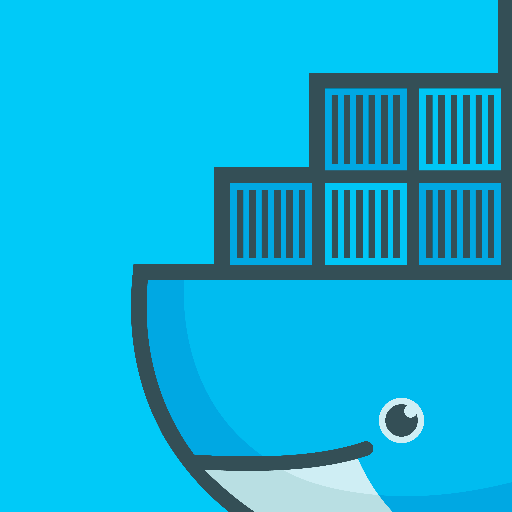
With containers and microservices on the rise, many companies are trying to figure out the best possible way to modernize their legacy apps. Docker announced a new program, the Modernize Traditional Applications program, that will accelerate the time it takes to transform traditional apps to modern apps without having to modify its app source code, at day three of its DockerCon conference in Austin, Texas.
The program is designed for IT operations teams and consists of professional services, Docker Enterprise Edition Standard for app management, and hybrid cloud infrastructure. The program takes existing legacy app, and containerizes them to give them the portability, security and efficiency of being inside a Docker container without having to re-architect the application. “As a result, they are able to get a lot of value over their current application investments without having to go through a full development cycle with a full application refresh,” said Scott Johnston, COO at Docker. “Businesses can take a single legacy application, containerize it, put it on modern infrastructure, put it under Docker management, and see the value in five days or less.”
In a recent pilot program, the Docker program helped its customer Northern Trust, a financial services company, modernize its existing applications. According to Johnston, through the program Northern Trust reduced its provisioning time of the app from 29 days to 7 days, was able to get the same performance using half the infrastructure, improved the software security, and added built-in features that enabled self checking and healing.
Johnston explains that less than 10% of Docker’s customers actually take the jump to refactor or re-architect their applications into modern apps because it is very extensive and risky. “Enterprise IT tries to manage change very carefully, and big changes equate in their minds to big risks,” he said. By providing them the Docker program, they get an entry point or stepping stone towards modern applications, Johnston explained.
“It really gives them a lot of control over managing technology adoption risks and timing. If you splash into the deep end of the pool and do a full refactor, you are taking a lot of risks,” he said.
In addition, the company announced Oracle is joining the Docker store where it will publish its certified containers including: Oracle Database, Oracle Java Development Kit, Oracle WebLogic Server, Oracle HTTP Server, Oracle Coherence, and Oracle Instant Client.





